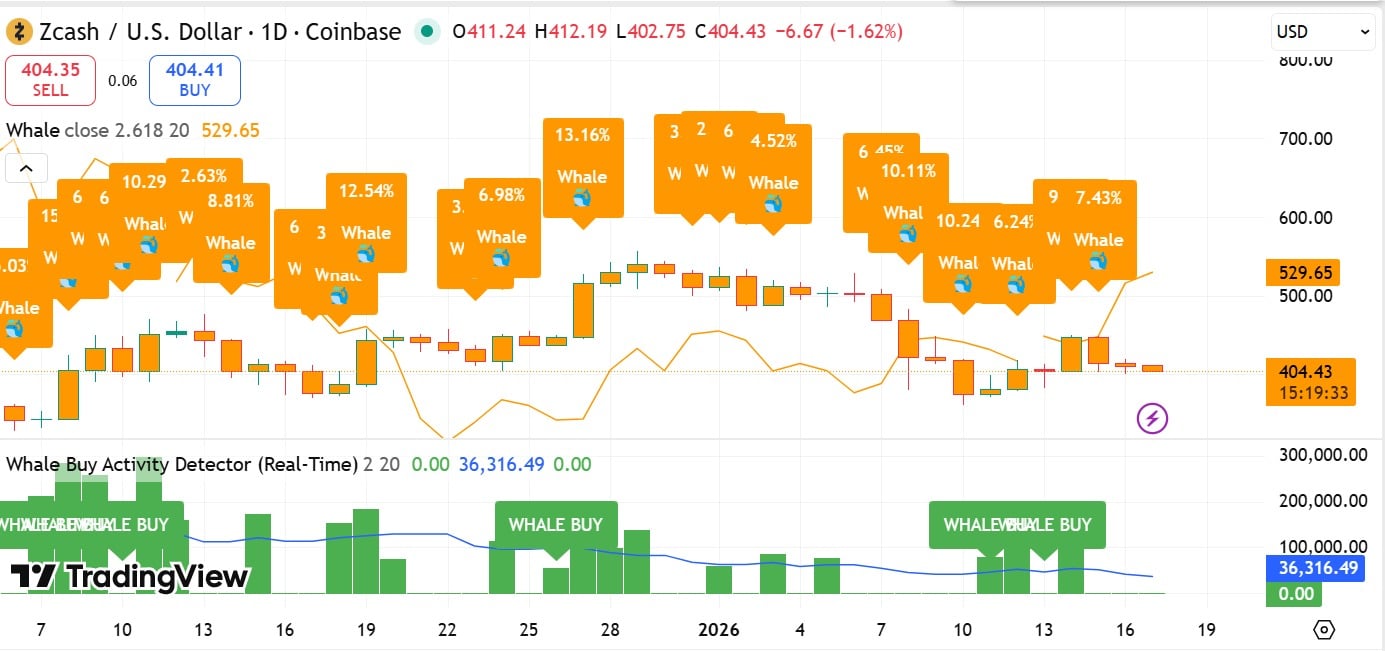Bitcoin miner fees fall to 12-month low, underscoring long-term reliance on block subsidies
Quick Take Transaction fees currently contribute approximately $300,000 per day to miner revenue, comprising less than 1% of total miner income. The following is excerpted from The Block’s Data and Insights newsletter.

Bitcoin miner revenue is composed of two distinct components: block subsidy rewards and transaction fees. The subsidy portion, currently 3.125 BTC per block, generates approximately $45 million in daily revenue for miners but will continue to decay through halvings until reaching zero around year 2140 when all 21 million bitcoins have been mined.
At that point, miner incentives shift entirely toward transaction fees, with miners earning only what users are willing to pay to purchase blockspace. This economic model assumes that either transaction volume will increase substantially or Bitcoin's price will appreciate enough to compensate miners adequately through fees alone.
Transaction fees currently contribute approximately $300,000 per day to miner revenue, representing a 12-month low and comprising less than 1% of total miner income. This figure pales in comparison to the block subsidy, highlighting the network's current heavy reliance on inflation-based rewards rather than fee-based sustainability.
Transaction fees spiked significantly higher, particularly throughout 2023 and 2024. These surges were driven by protocols like Ordinals and Runes, which temporarily created sustained demand for Bitcoin blockspace.
Similar innovations will likely emerge over time, potentially driving periodic increases in fee revenue. However, the question remains whether such activity can be sustained at levels sufficient to support network security in a post-subsidy environment.
Current onchain usage suggests that Bitcoin is primarily serving as a monetary transfer network rather than a platform for diverse applications, which limits fee generation potential.
While the end of block subsidies remains over a century away, persistently low transaction fees raise questions about long-term miner economics. The prevailing assumption is that Bitcoin's price will appreciate sufficiently to make even modest fee revenue economically viable for miners.
If a significant portion of miners were to drop out due to insufficient revenue, the network would experience a hash rate decline and difficulty adjustments, potentially creating security concerns during the transition period.
For now, this remains a design feature to monitor rather than an immediate concern, though sustained low onchain activity merits attention as block rewards continue their programmed decline.
This is an excerpt from The Block's Data & Insights newsletter . Dig into the numbers making up the industry's most thought-provoking trends.
Disclaimer: The content of this article solely reflects the author's opinion and does not represent the platform in any capacity. This article is not intended to serve as a reference for making investment decisions.
You may also like
The world's largest auto supplier warns profit margin may fall below 2%
$31M ZEC whale inflows: Is Zcash ready to break $439?

Can Chainlink (LINK) Reverse? Expert Predicts Potential New Higher High
Anthropic’s Claude Code is the AI tool everyone’s talking about right now
